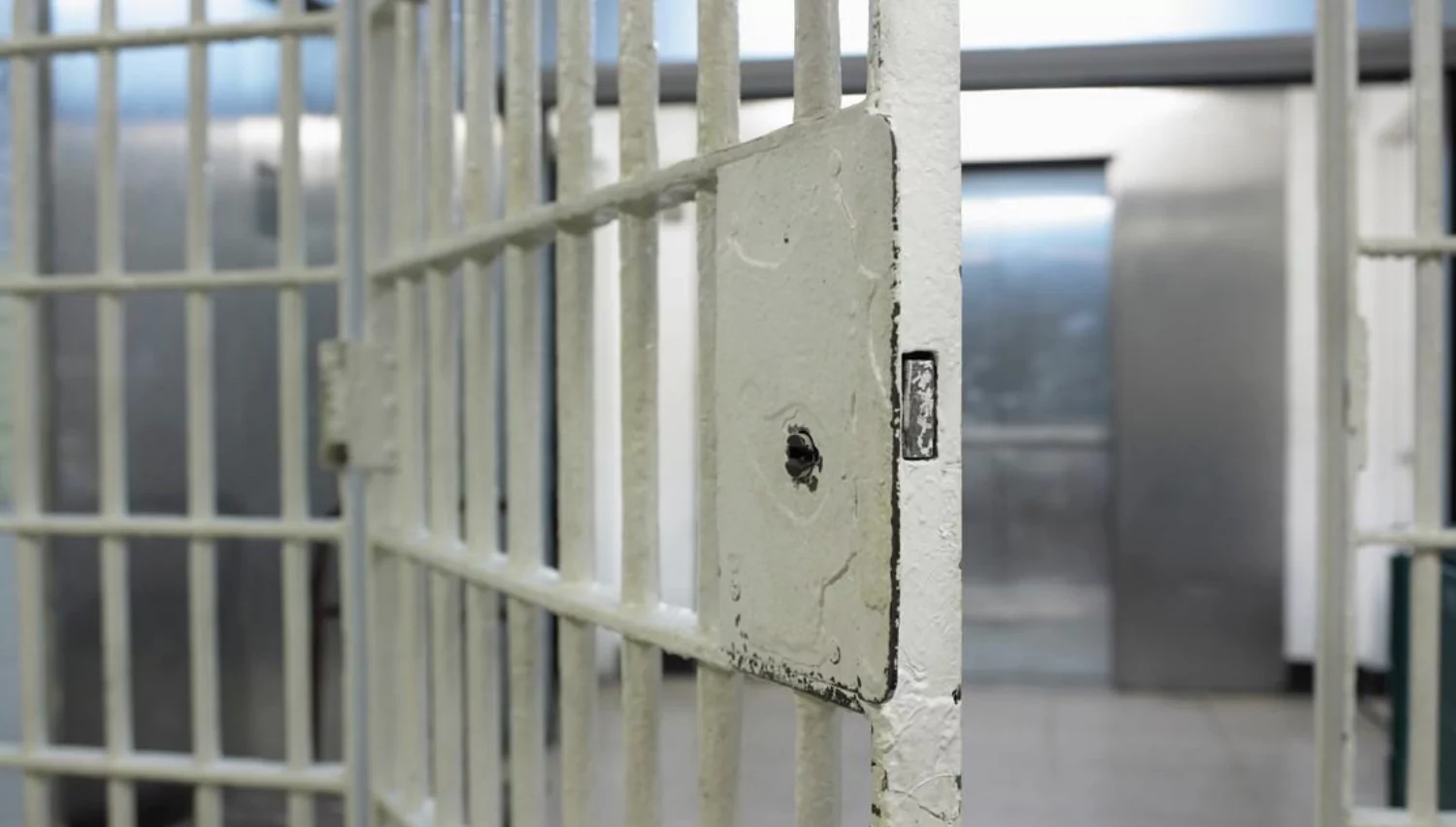Escaped youth tracked by Eagle helicopter, found hiding in New Brighton
The young person who escaped from a youth justice facility in Rolleston has been located...

Christchurch Women’s Prison and Christchurch Men’s Prison were temporarily placed into lockdown after routine water testing detected E.coli in a bore supplying the two facilities.
The Department of Corrections confirmed to chrislynchmedia.com the detection of the bacteria on Friday, following a routine sample taken a day earlier from a bore located on the piggery that services both prisons.
A Corrections spokeswoman said “Christchurch Women’s Prison have a routine lock down period on a Friday afternoon for staff training.
“Today’s lock down period was used to allow staff to make temporary arrangements to ensure the ongoing health and safety of everyone on site. Christchurch Men’s Prison was also locked down briefly for the same purpose.”
Acting Commissioner of Custodial Services Kethakie Wahundeniya said the affected water supply is internally contained, and immediate steps were taken to protect the health and safety of all those on site.
Staff, prisoners, contractors, and visitors have been instructed not to drink the tap water, with tanker and bottled water delivered to both facilities.
Additional precautions are in place for food preparation following advice from New Zealand Food Safety.
Both prisons were now operating as usual. Two prisoners at Christchurch Women’s Prison have reported feeling unwell.
Wahundeniya said while there is currently no information linking their symptoms to the water supply, both women have been isolated on site as a precaution.
In an internal email sent to prison staff seen by chrislynchmedia.com it said “As you are aware, we are now on a boil water notice for all areas of the prison.
This is because of a positive E. coli result reported today from routine testing of the water on Piggery One. In the first notice, we mistakenly stated that staff could use the zips in staff areas. After further testing, we have been informed that these zips only heat water to 90 degrees. To be safe, water must be boiled to 100 degrees for at least one minute. All staff areas should now have been provided with a kettle. If you are affected by E. coli, symptoms (similar to gastro) can appear 1 to 10 days after exposure, with an average of 3 to 4 days. As zips cannot be used, prisoners will not be given hot drinks this weekend.”
Medical staff remain available if others become symptomatic.
The source of the E.coli contamination is still unclear.
Further testing and investigation is underway to determine when the tap water can be safely used again.


